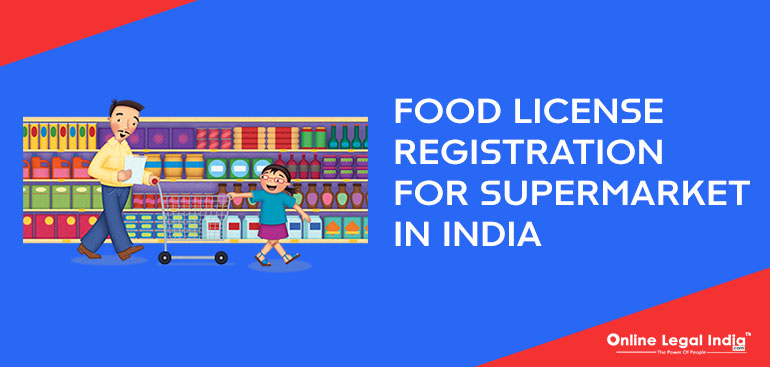How to do Trademark Registration in India?
02 Jul, 2024

How to do Trademark Registration in India?
02 Jul, 2024

How to apply Trademark Registration
27 Jun, 2024

Trademark Name Search Done With Ease and Convenience
21 Jun, 2024

Trademark Registration Sites where you can register your mark!
15 Jun, 2024

How to Obtain a FoSCos FSSAI License in India?
28 May, 2024

FSSAI/FoSCoS Food License Registration for Kirana/Grocery Store in India
02 Aug, 2020

Copyright Laws on Poem in India
22 Dec, 2020
.jpg)
Can A Company Have Two Managing Directors At The Same Time?
02 Sep, 2021

What is the Importance of Tax Planning for a Startup in India?
23 Mar, 2021

How to Appoint an Auditor in OPC Company?
23 Jan, 2021